
Strategic Area Energy
To address the major challenges of our time, the ETH Domain has defined Strategic Areas. In these Strategic Areas the ETH Domain institutions are well positioned to have a particularly strong impact and enable them to focus their strengths on key issues for Swiss society and the Swiss economy.
On this page, you will find the twelve speakers from the Strategic Area Energy, which aims to develop solutions for sustainable and affordable energy.

Energy Research in the SCENE Joint Initiative | More
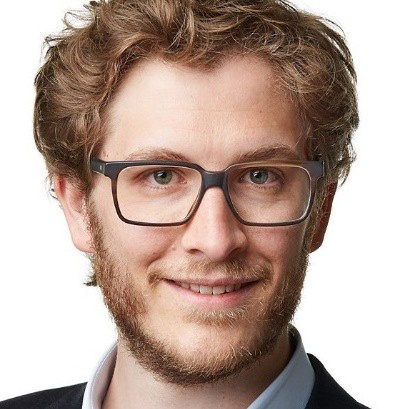
Björn Niesen
Energy Research in the SCENE Joint Initiative
Abstract
The Swiss Center of Excellence on Net-Zero Emissions (SCENE) is a Joint Initiative of the ETH Domain, which covers a wide range of research areas related to net-zero emissions. Energy supply, distribution, and demand are central to many SCENE activities. This includes leveraging demand-side flexibility to match electricity demand with the fluctuating supply from renewables, designing materials for energy-efficient CO2 capturing, defining optimal pathways for biomass use, developing approaches for seasonal storage, and investigating the impact of the energy transition on air quality. This presentation will provide an overview of these activities, together with selected result highlights.
About
Björn Niesen is heading the Research and Strategy Support Group and is the managing director of the Energy, Resources & Emissions Research Focus Area at Empa. Currently, he is co-directing the SCENE Joint Initiative. Before joining Empa in 2018, he worked on next-generation solar cells at Imec (Belgium), EPFL and CSEM. He earned his Ph.D. from the K.U. Leuven in Belgium in 2012.
Strategies to optimize forest management and wood utilization for climate change mitigation | More
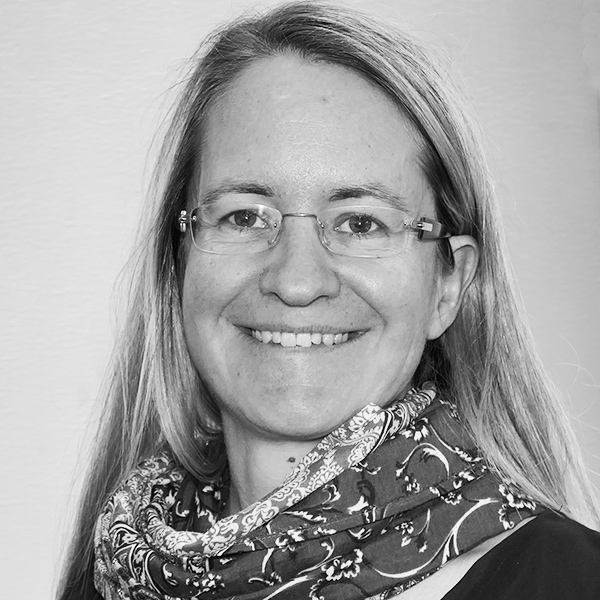
Esther Thürig
Strategies to optimize forest management and wood utilization for climate change mitigation
Abstract
The action area “Biomass Carbon Cycle” within the joint initiative SCENE explores strategies to optimize forest management and wood utilization for climate change mitigation. In recent years, the wood processing industry has experienced significant decline, with a large share of harvested timber being either exported or directly used for energy production. This action area focuses on analyzing, quantifying, and comparing the effects of alternative forest management practices, wood use options, and substitution strategies on the greenhouse gas balance, while also assessing their climate impact. The presentation will give an overview of these activities and highlight selected key results.
About
Esther Thürig leads the “Resource Analysis” research group at the Swiss Federal Institute for Forest, Snow and Landscape Research WSL. Her team studies the current state and the development of Swiss forests under climate change and its greenhouse gas effects. The group is part of the Swiss National Forest Inventory.
Consumers’ preferences for new energy systems and demand flexibility | More

Ivana Logar
Consumers’ preferences for new energy systems and demand flexibility
Abstract
A nationwide survey among 1,676 Swiss homeowners assesses their willingness to invest into new low-carbon energy technologies or efficiency improvements. In a discrete-choice experiment, homeowners made trade-offs between investments in rooftop photovoltaic (PV), retrofitting, replacing heating system and novel electricity storage solutions against reduction in CO2 emissions and price. Simulating technology adoption until 2050 suggests that high willingness to invest in decentralized technologies does not necessarily lead to widespread adoption when cheaper, centralized technologies are available. We conducted a complementary nationwide survey among Swiss tenants to elicit their willingness to provide energy demand flexibility.
About
How geothermal energy can play a key role in the energy transition | More
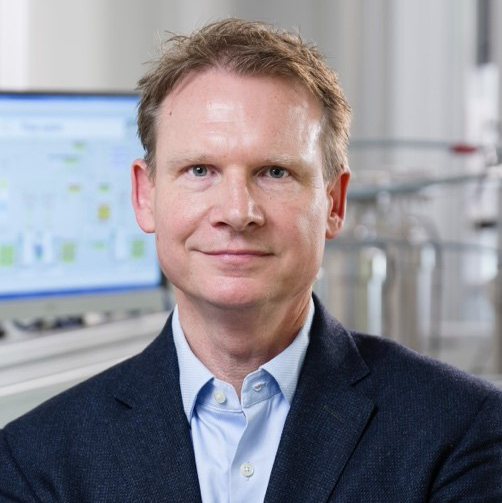
Martin O. Saar
How geothermal energy can play a key role in the energy transition
Abstract
Deep geothermal energy is a renewable energy source that can play a key role in the energy transition, as it can provide both baseload and dispatch thermal and/or electric power, typically without operative CO2 emissions. Thus, geothermal energy can serve as largely CO2-emission-free backup power, firming up the power grids of the future that will increasingly rely on only intermittently available solar and wind power. Furthermore, geothermal energy extraction can also be combined with geologic CO2 sequestration in so-called CO2-Plume Geothermal (CPG) systems, whereby all captured CO2 is eventually permanently stored deep underground and the geothermal power generation is doubled under base case CPG conditions.
About
Martin O. Saar holds a professorship in Geothermal Energy and Geofluids at ETH Zurich. His research interests are in geophysical fluid dynamics of subsurface multiscale, multiphase, multicomponent, reactive fluid (groundwater, hydrocarbon, CO2) and energy (heat, pressure) transport, such as water- and CO2-based geothermal energy utilization, geologic CO2 storage, grid-scale energy storage, enhanced oil recovery, and groundwater flow.
Accelerating the energy transition to NetZero through technology development at the ESI platform | More

Marco Ranocchiari
Accelerating the energy transition to NetZero through technology development at the ESI platform
Abstract
The Energy System Integration (ESI) platform at PSI is a Research and Technology Transfer Platform (RTTP) advancing NetZero through the integration of renewable energy and platform chemicals with advanced technologies. Current efforts support projects such as Synfuels, refuel.ch, Metafuels, and the Coalition for Green and Energy Storage (CGES). The presentation will detail the Joint Initiative Synfuels and refuel.ch activities in collaboration with ETH Domain and Swiss institutes, with emphasis on the PSI-Metafuels partnership and its demonstration plant at PSI converting methanol into sustainable aviation fuel (e-SAF).
About
Marco Ranocchiari, Leader of ESI at PSI, completed his PhD at ETH Zurich and joined PSI in 2010. He specializes in MOFs for energy, leads the Metafuels project to produce sustainable aviation fuel, and lectured at ETH Zurich. He co-authored a chemistry textbook and co-founded PSI spin-off novoMOF.
Unlocking resilient transformation pathways for sustainable development | More
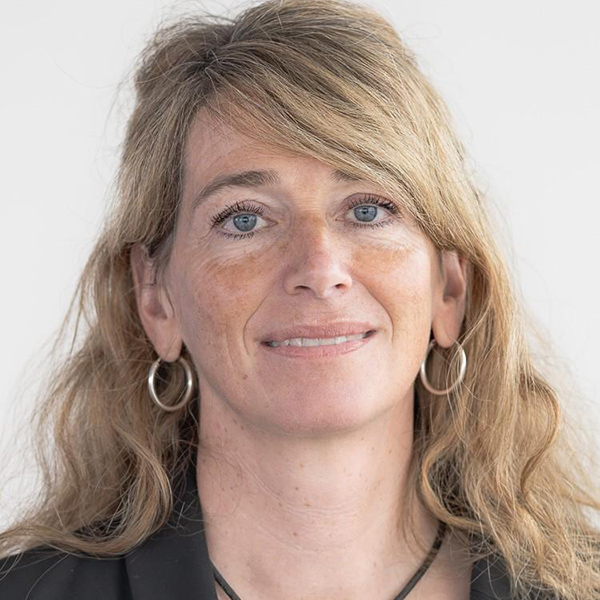
Adrienne Grêt-Regamey
Unlocking resilient transformation pathways for sustainable development
Abstract
Sustainable development is often trapped in rigid social and ecological processes that drive environmental degradation and entrench poverty and marginalisation, leaving societies ill-prepared for accelerating environmental and technological change. Breaking free from these lock-ins demands approaches that can open new pathways, anticipate long-term dynamics, navigate uncertainty and balance competing values across space and time. This talk will explore how bridging the silos between science and design can unlock and guide such pathways toward desirable futures. Drawing on a range of landscape-transformation case studies, it examines innovative computational design linked with land-use simulations to co-produce alternative futures that make feedbacks, trade-offs and synergies between ecosystem services explicit across scales and over time. This, in turn, provides the basis for deliberative, evidence-based and inclusive institutional arrangements capable of steering complex systems under deep uncertainty and enabling adaptive and equitable transformation pathways.
About
Adrienne Grêt-Regamey is an environmental scientist and landscape planner. She has been Professor at the Chair of Planning Landscape and Urban Systems at the Institute for Spatial and Landscape Development, ETH Zurich (Switzerland) since 2008. Currently, her research focuses on understanding how the interactions and/or actions of humans shape landscapes at various temporal and spatial scales, using different land-use decision models in forecasting and backcasting modes.

Enabling a sustainable and secure electricity supply by 2050 through flexibility and sector coupling | More
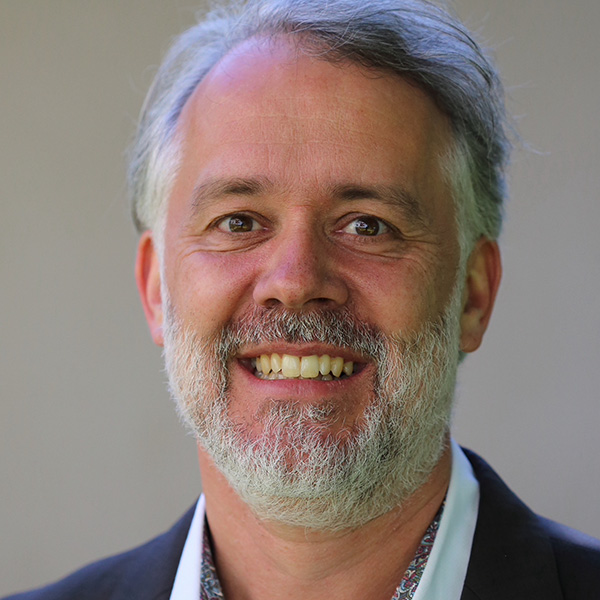
Christian Schaffner
Enabling a sustainable and secure electricity supply by 2050 through flexibility and sector coupling
Abstract
PATHFNDR is a research project sponsored by the Swiss Federal Office of Energy’s “SWEET” programme (Call 1-2020) and hosted by ETH Zurich. The project consortium is represented by eight research partners – ETH Zurich, Empa, PSI, ZHAW, HSLU, UNIGE, EPFL and TU Delft – and 25 cooperation partners. The project aims to develop and analyze transition pathways for renewable energy integration in Switzerland. The project will deliver feasible pathways, provide planning and operation tools, develop pilot and demonstration projects, identify new business opportunities and innovation strategies, and analyze potential policies.
About
Since September 2013, Christian Schaffner is the Executive Director of the Energy Science Center (ESC), an inter-disciplinary competence centre to promote energy research and teaching at ETH Zurich. It aims to facilitate the deployment of an environmentally friendly, reliable, low risk, economically viable and socially compatible sustainable energy system. Linking over fifty professors from eleven ETH Zurich departments, the ESC enhances cooperation between ETH Zurich, industry, government and society on energy related issues.
Before that, Christian Schaffner was with the Swiss Federal Office of Energy as head of the grid section, responsible for the development of a grid expansion strategy and a smart grid road-map. He was also involved in the bilateral negotiations between Switzerland and the European Union regarding a contract on energy supply. He received his M.Sc. degree in Electrical Engineering and his PhD degree in Electric Power Systems from the Swiss Federal Institute of Technology (ETH) Zurich in 1998 and 2004, respectively. In addition, he received a diploma in higher education teaching from the same institution in 1999.
Fueling the Future: Catalytic Pathways to Renewable Chemicals and Fuels | More
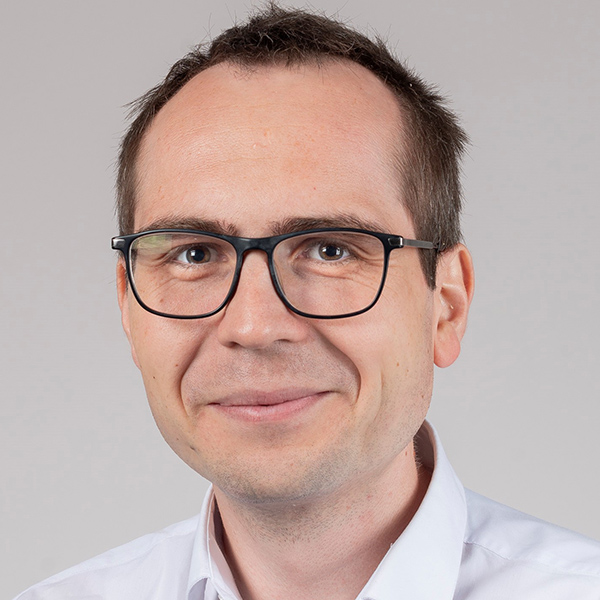
Vladimir Paunović
Fueling the Future: Catalytic Pathways to Renewable Chemicals and Fuels
Abstract
Organic chemicals and liquid fuels are central to modern society, yet their production remains largely dependent on fossil resources such as crude oil, natural gas, and coal. The use of renewable hydrogen and carbon dioxide as alternative feedstocks presents a transformative opportunity for chemical industry. Catalysts, especially heterogeneous ones, play a critical role in enabling these processes with high productivity and efficiency. This talk will explore catalytic routes to essential chemicals and sustainable aviation fuels, highlighting recent advances and key challenges.
About
Vladimir Paunović earned his PhD in Heterogeneous Catalysis from ETH Zurich (2014–2018), followed by postdoctoral research at ETH and PSI, and a scientist role at ETH. He is currently a group leader at PSI Center for Energy and Environmental Sciences, developing catalysts and technologies for CO2 and renewable hydrogen conversion, with a focus on methanol as a key platform molecule.
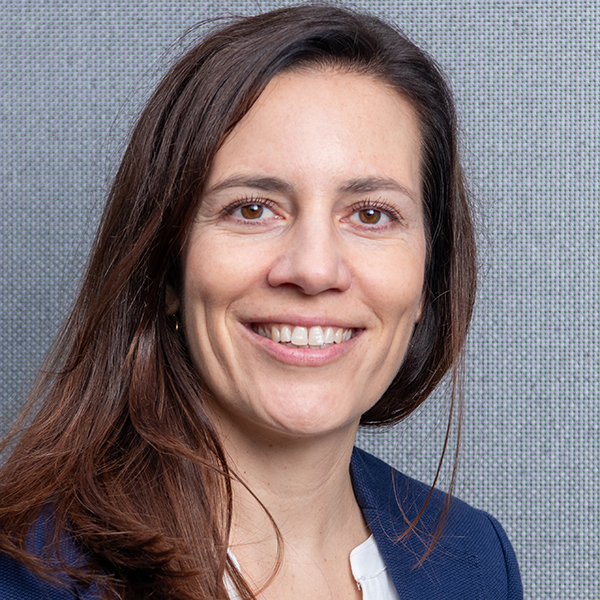
Nathalie Casas
Research and technology transfer platform 2.0
Abstract
Advancing from isolated pilot units to systemic transformation requires new models of technology transfer. Small campus facilities, often built with a single purpose, rarely capture the complexity of industrial realities or market dynamics. Instead, transfer platforms should be embedded in real operating conditions and co-developed with industry from the outset. Importantly, it is not only individual companies but entire ecosystems that need to undergo transformation, requiring cross-sectoral collaboration, shared infrastructures, and mutual learning. This presentation illustrates one example of such an approach, showing how TRL, BRL, and policy readiness can progress in parallel to enable successful deployment.
About
Nathalie Casas is a member of Empa’s Directorate and Head of the Department of Energy, Mobility and Environment. She is responsible for the research focus “Energy, Resources and Emissions” and for move, Empa’s platform for sustainable mobility. As a member of CORE, the Innosuisse Innovation Council and other national bodies, she helps shape Swiss energy and climate policy at the interface of research, industry and politics.
Policy Pathways and Flexibility for Switzerland’s Net-Zero Transition | More

Evangelos Panos
Policy Pathways and Flexibility for Switzerland’s Net-Zero Transition
Abstract
This presentation brings insights from the JI SCENE, together with other research projects at PSI LEA, to highlight complementary dimensions of Switzerland’s net-zero transition: policy, technology, and society. It stresses the need for adaptive, EU-aligned, policies and examines the role of the new energy infrastructures and storage in a low-carbon Swiss energy system. It also provides insights into how acceptance shapes renewables deployment and flexibility provision from consumers. The talk underlines that achieving climate neutrality in Switzerland requires robust policies, technical solutions, and societal support.
About
Dr Evangelos Panos, Head of the Energy Economics Group at PSI, holds a PhD in Operations Research from NTUA and a Computer Engineering degree from the University of Patras. With 15+ years’ experience, he applies energy-economic models to assess policy impacts and the role of technologies in the energy transition for Switzerland and the EU, as well as for industry and international organisations like OECD and World Energy Council that are interested in global energy futures.
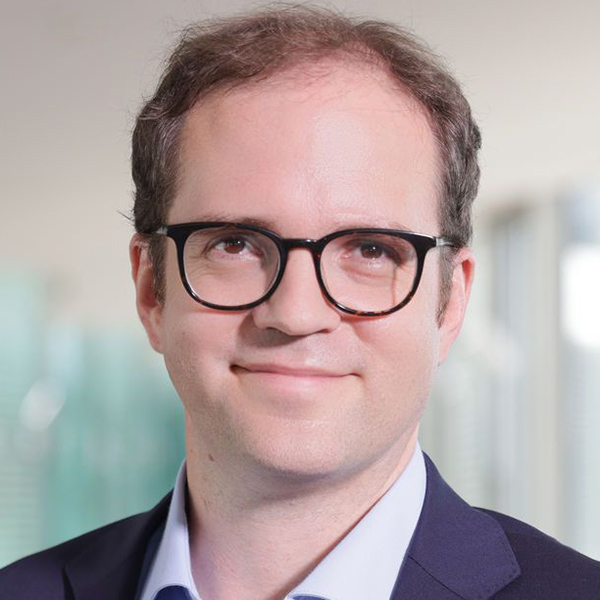
Michaёl Aklin
Managing the energy transition: economic and policy bottlenecks
Abstract
Access to affordable and clean energy is important to maintain high levels of welfare. Ongoing energy transitions, such as the shift to decarbonized energy systems, create distributional costs and risks (e.g., unemployment) that fuel public hostility and may undermine long-term policy efforts. This presentation discusses important recent developments in theoretical and applied energy economics, focusing on technological innovations, their social consequences, and their policy implications.
About
Michaёl Aklin is Associate Professor of Economics and Management of Innovation at EPFL, which he joined in 2023 and where he holds the Chair of Policy & Sustainability. He is also co-managing director of Enterprise for Society (E4S), a center jointly founded by EPFL, IMD, and the University of Lausanne. Prior to joining EPFL, he was Associate Professor at the University of Pittsburgh. Michaël Aklin studies the economics and politics of sustainable and steady development and the policies to achieve it.
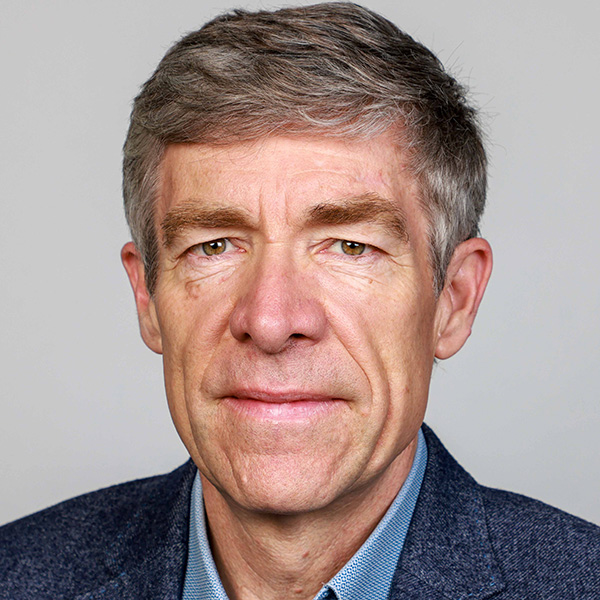
Philippe Thalmann
Living and working in the energy transition
Abstract
Meeting the decarbonisation and energy security goals requires much less investment if energy consumption decreased. Energy efficiency is the standard recommendation to lower energy consumption, but it is largely defeated by rebound effects. Greater savings can be obtained by using the existing infrastructure – buildings, vehicles, tools – more efficiently. We shall see estimates of this potential, conditions for exploiting it and open research questions.
About
Philippe Thalmann obtained a diploma in Economics from the University of Lausanne in 1984 and a PhD in Economics from Harvard University in 1990. Since 1994, he is professor of economics of the natural and built environment and heads the Laboratory for Environmental and Urban Economics, Ecole Polytechnique Fédérale de Lausanne, Switzerland. He teaches and publishes on the economics of the housing, property and construction markets, and the economics of the environment, climate change and sustainable development.